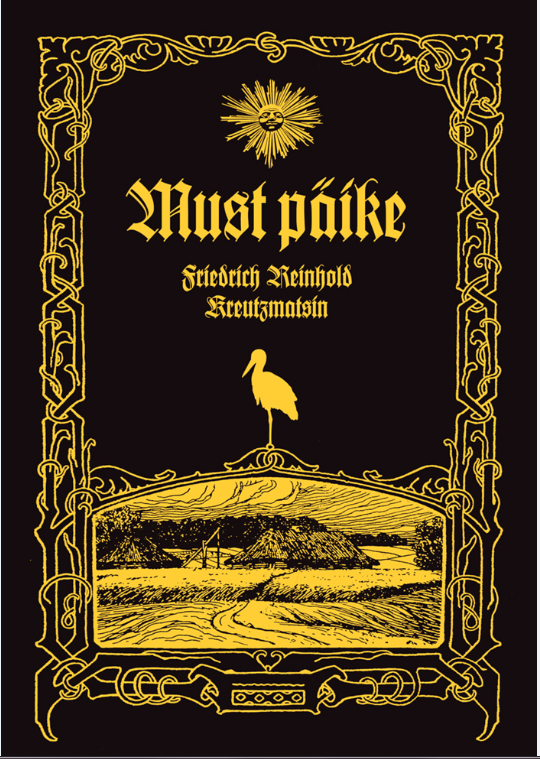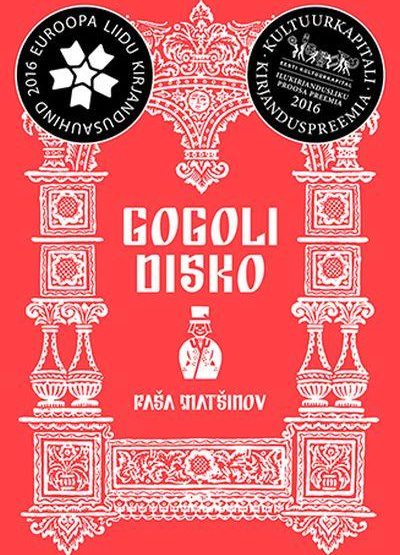Friedrich Reinhold Kreutzmatsin (Paavo Matsin)
Must päike (The Black Sun)
Lepp ja Nagel, 2017, 192 pp
EAN 9789789949885
Paavo Matsin’s latest novel is set in the small Southern Estonian town of Võru in the mid-19th century. Its cast of characters includes Fr. R. Kreutzwald, the beloved author of the Estonian national epic, known to Estonians as their “Song Father”; his friend, the Baltic-German doctor and humorist Georg-Julius von Schultz-Bertram; and also the Swedish Queen Christina, who in reality lived long before the two aforementioned men. Furthermore, some of Matsin’s writing is in a bizarre “Jamaican-Estonian” fusion. Why? To liven up the reading experience, no doubt. Without giving away too much of The Black Sun’s content, I can confidently state that out of all the author’s books, this is the most reader-friendly and narrative-centric; still, he employs a large array of cryptic and alchemic symbols that may confuse someone unfamiliar with his previous works. Why is the Russian poet Pushkin’s great-grandfather Abram Petrovich Hannibal represented as a black stork? Why is it necessary to perform a sex change on Queen Christina, and why must the town of Võru be heated to tropical temperatures to do so? And what on Earth is this Jamaican slang all about?
I don’t know the answers, but neither is knowing necessary. Matsin himself makes no secret of the fact that The Black Sun is meant to be an associative novel that the reader can simply enjoy for its kaleidoscope of symbols, its allegorical nature, and pure absurdity. Moreover, Matsin possesses a special ability to wrap the reader around his little finger. He scatters little signs and remarks almost in passing, mentions the possibility of some lesser topics, details characters’ backstories in a handful of words, and before the reader even knows it, he is in the author’s clutches, awaiting great revelations, exciting turns of events, and earth-shaking truths. Yes, these elements do come, and in that sense, Matsin is no con artist pranking the reader. But it’s the same here as it is with all of the profuse symbolism and semantics: the reader can either get bogged down in them or take them as a pleasant garnish. These are the elements that steep The Black Sun and Matsin’s other books in a magical atmosphere that one should refrain from sinking into too deeply, for even in the shadows of all that gold and tinsel, the author has a message to convey. The art is simply to find it.
Erik Aru (1978) is an Estonian journalist who has been writing literary criticism mostly for Eesti Päevaleht since 2010. He is also a PhD student in economics at University of Tartu.





